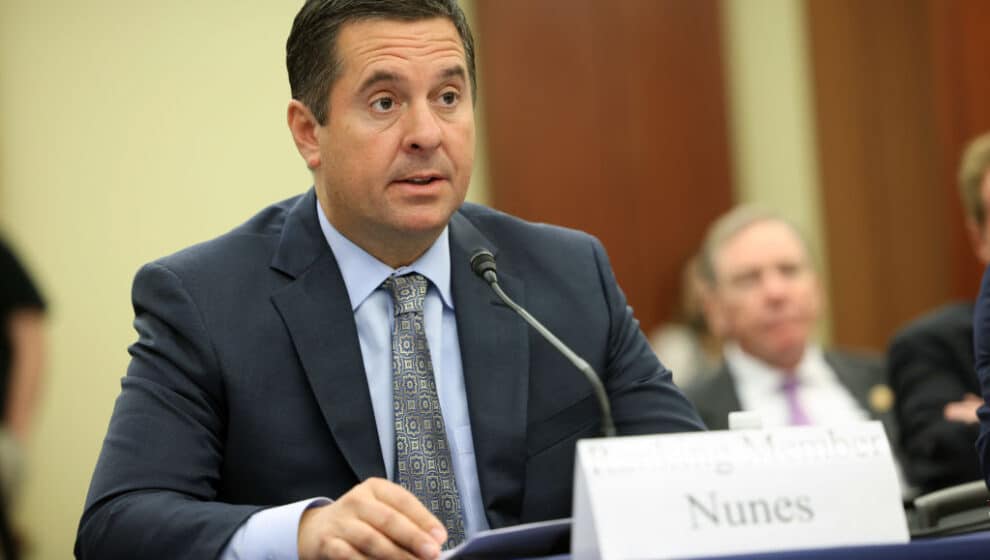Politicians and pundits who claimed “Russian Bots” were at fault for numerous Twitter hashtags had no evidence to prove their claims—and yet Twitter was pressured to take them on faith.
Key Details
- Twitter CEO Elon Musk and several independent journalists continue to collaborate in a months-long effort to release information about the social media website’s censorship efforts and collaboration with government agencies.
- On Thursday, Matt Taibbi released the newest edition of the Twitter Files, showing that the “RussiaGate” investigation pushed by the media and politicians was being used to make claims that “Russian Bots” were promoting lies through Twitter hashtags, without evidence.
- “At a crucial moment in a years-long furor, Democrats denounced a report about flaws in the Trump-Russia investigation, saying it was boosted by Russian bots and trolls,” says Taibbi.
- See our previous coverage on Part 1, Part 2, Parts 3-5, Part 6, Part 7, Parts 8-10, Parts 11-12, and Part 13.
Breaking Down Part 14
The years long “RussiaGate” investigation by the Department of Justice ended with the publication of the Mueller Report in April 2019, after three years of allegations that President Donald Trump had collaborated with Russians to rig the 2016 elections in his favor or otherwise benefit from Russian state assistance to change the outcome of the election.
As Taibbi reported in his last part, Twitter was pressured by the government to find evidence of Russian election meddling by the Intel Committees, acting against accounts that nearly every government agency asked for. Twitter’s claims that Russian actors were not using the platform were ignored, and the government’s claims would intensify going forward.
“On January 18th, 2018, Republican Devin Nunes submitted a classified memo to the House Intel Committee detailing abuses by the FBI in obtaining FISA surveillance authority against Trump-connected figures, including the crucial role played by the infamous ‘Steele Dossier’. The Nunes assertions would virtually all be verified in a report by Justice Department Inspector General Michael Horowitz in December 2019,” says Taibbi.
Representative Nunes’ memo was roundly dismissed by the media as a “joke” but didn’t stop the hashtag #ReleasetheMemo from circulating on social media. Senator Dianne Feinstein (D-CA), Congressman Adam Schiff (D-CA), and other leading investigators condemned the hashtag as being promoted by Russian actors, trolls, or bot accounts.
Internally, Twitter’s Trust and Safety saw no evidence of this. Yoel Roth sent messages saying, “I just reviewed the accounts that posted the first 50 tweets with #releasethememo, and… none show any signs of affiliation to Russia. We investigated and found that engagement was overwhelmingly organic.”
It became clear that investigators were pushing Twitter to see how far they could push them for concessions. Twitter slowly began to stop pushing back against the claims. Claims of Russian bots began to be used against any hashtag that the intel committee could claim was being falsely astroturfed by hostile nations, no matter how organic the trends were.
“Execs eventually grew frustrated over what they saw as a circular process—presented with claims of Russian activity, even when denied, led to more claims,” says Taibbi. “As a result, reporters from the AP to Politico to NBC to Rolling Stone continued to hammer the ‘Russian bots’ theme, despite a total lack of evidence.”
Notable Quote
“Schiff and the Democrats falsely claimed Russians were behind the Release the Memo hashtag, all my investigative work… By spreading the Russia collusion hoax, they instigated one of the greatest outbreaks of mass delusion in U.S. history,” says Nunes.
